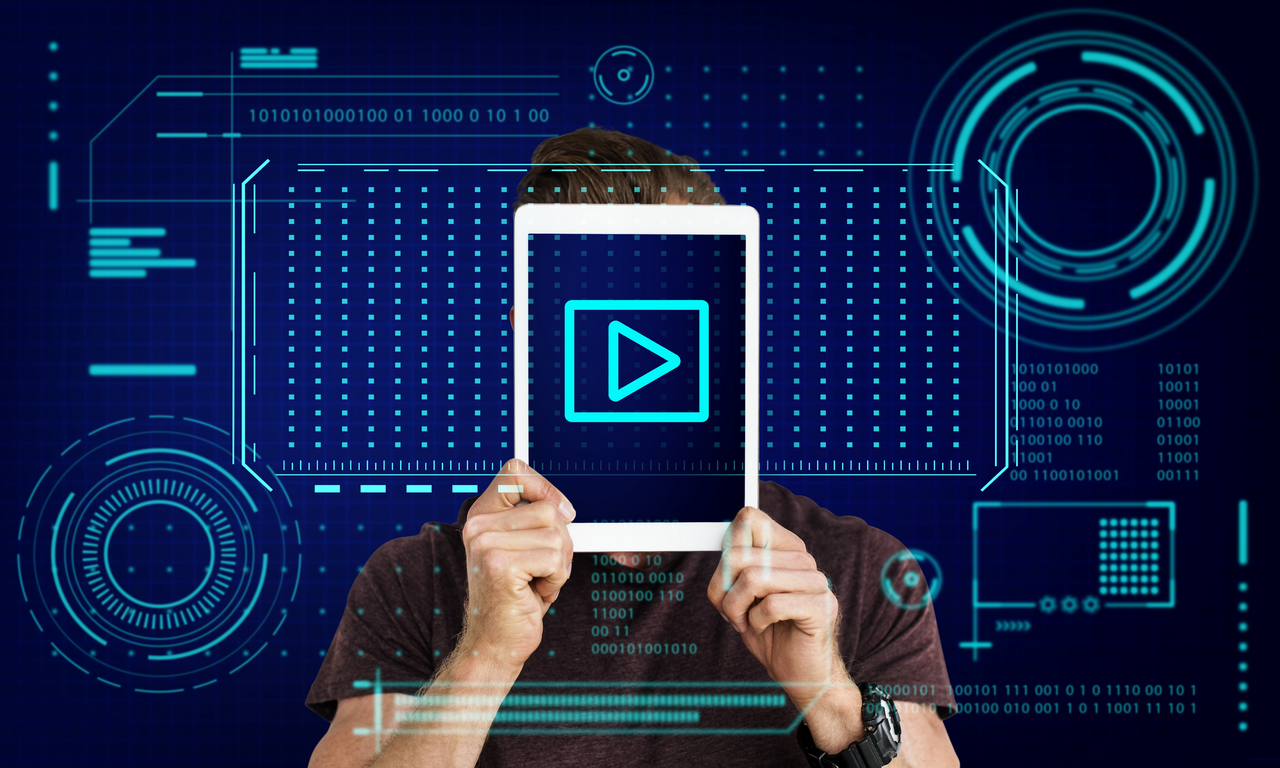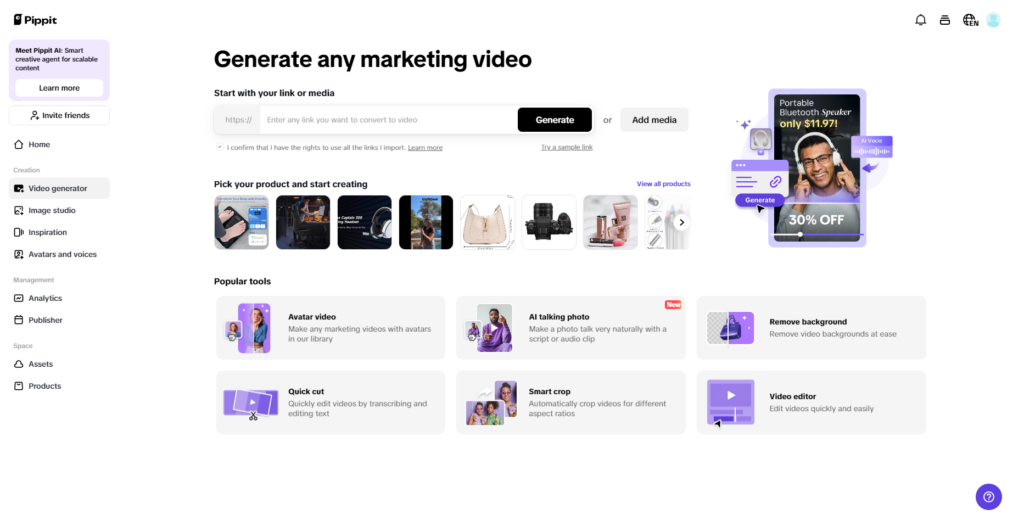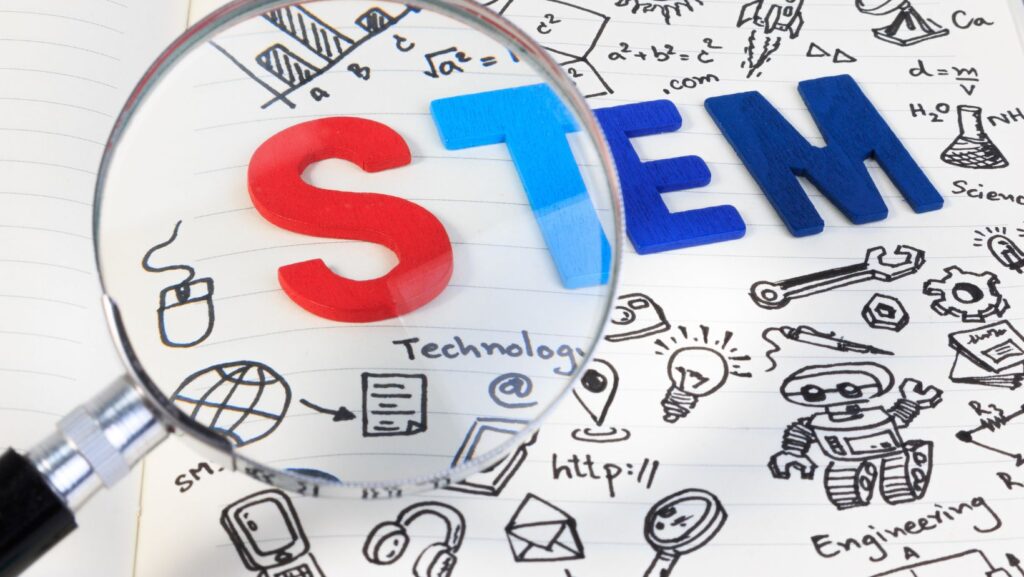The world of content creation is evolving faster than ever, thanks to advancements in artificial intelligence. What once required hours of meticulous editing can now be accomplished in minutes with an AI video maker. These tools have revolutionized the way videos are produced, allowing creators to generate high-quality content without needing extensive technical skills.
From YouTube creators to digital marketers, AI-powered video editing has significantly reduced the barriers to entry in the content space. Automated tools now handle everything from cutting clips to adding effects and even generating scripts. As AI technology continues to advance, what does the future hold for video production? Let’s explore how AI is changing the game and what’s next in the world of automated content creation.
The Technology Behind AI Video Makers
AI video makers aren’t just about trimming clips and adding transitions—they incorporate advanced technologies that redefine how content is created.

Machine Learning in Video Editing
Machine learning plays a crucial role in AI-powered editing software. These tools analyze patterns in professionally edited videos and replicate high-quality editing techniques. AI can detect key moments, adjust pacing, and even apply color correction to enhance the visual appeal of a video.
AI-Generated Scripts and Voiceovers
AI doesn’t just edit videos—it can create them from scratch. Some tools now offer AI-generated scripts, suggesting narratives based on trending topics and audience preferences. Additionally, AI voiceovers provide lifelike narration without the need for professional voice actors, making it easier than ever to produce engaging content with minimal effort.
Deepfake and Hyper-Personalization
Deepfake technology, while controversial, has also contributed to hyper-personalized content creation. Brands are now using AI to create realistic video avatars that can deliver personalized messages to different audiences. While this technology has ethical concerns, its potential for marketing and entertainment is undeniable.
The Benefits of AI in Content Creation
The rise of AI video makers has made video production more accessible, efficient, and cost-effective.
-
Faster Video Production with Minimal Effort
AI eliminates the need for manual frame-by-frame editing, cutting down production time dramatically. What used to take hours can now be completed in minutes, allowing content creators to focus on storytelling and creativity rather than technical details.
-
Cost-Effective Solutions for Individuals and Businesses
Professional video production can be expensive, often requiring costly software and skilled editors. AI-powered tools provide an affordable alternative, making high-quality video creation accessible to businesses and solo creators with limited budgets.
-
Scalability: Generating Multiple Versions for Different Audiences
AI makes it easy to customize content for different platforms and target audiences. With just a few clicks, creators can produce multiple versions of a video—optimized for YouTube, Instagram, TikTok, and Facebook—without needing to re-edit everything from scratch.
For businesses, using an advertisement maker powered by AI ensures that ads are tailored to specific demographics, increasing engagement and conversions.
Challenges and Ethical Considerations
While AI video creation offers many benefits, it also presents challenges that must be addressed.

The Risk of Deepfake Misuse
Deepfake technology has raised concerns about misinformation and identity fraud. While AI-generated content has legitimate uses, there’s a fine line between ethical applications and potential abuse. Platforms must implement safeguards to prevent the spread of deceptive content.
The Impact on Traditional Video Editing Jobs
As AI becomes more capable, traditional video editors may find themselves competing with automated tools. While AI streamlines many processes, human creativity and storytelling skills remain irreplaceable. The key lies in balancing automation with human expertise.
AI-Generated Misinformation Concerns
AI can generate realistic-looking videos with ease, making it harder to distinguish between genuine content and fabricated footage. This has sparked debates about the role of AI in media and the need for regulation to prevent the spread of false information.
Predictions for the Next Decade of AI Video Making
The next decade promises groundbreaking advancements in AI-driven video production. As AI technology evolves, its role in content creation will extend far beyond simple editing tools. We are entering an era where AI-generated content could reshape industries, making high-quality video production more efficient, cost-effective, and personalized.
-
The Rise of Fully Automated Video Production Studios
Imagine a world where entire video projects—from scripting and voiceovers to editing and visual effects—are generated entirely by AI. What currently takes weeks of planning, filming, and post-production could be reduced to a matter of hours, thanks to sophisticated AI tools. Fully automated video production studios could become a reality, allowing businesses, content creators, and even filmmakers to produce professional-grade videos with minimal human intervention.
For brands, this means faster turnaround times and reduced costs while maintaining high production quality. Businesses could generate advertisements, explainer videos, and promotional content at scale, while independent creators could compete with larger studios without requiring extensive resources. AI-driven production could also democratize storytelling, enabling anyone with an idea to bring it to life through automation.
-
AI-Generated Movies and Personalized Entertainment
The entertainment industry is already exploring AI-driven storytelling, and the next decade could see AI-generated films becoming mainstream. Instead of watching a one-size-fits-all movie, viewers might be able to customize plotlines, character interactions, and even endings based on their preferences.
Streaming platforms could leverage AI to analyze viewer behavior and automatically generate personalized movie recommendations—or even entire movies tailored to an individual’s tastes. Interactive films, where AI adapts the storyline in real-time based on viewer input, could become a new standard, blending traditional cinema with the immersive qualities of video games.
This shift wouldn’t just be limited to Hollywood. Independent filmmakers and small studios could use AI-powered tools to create high-quality films with lower budgets, reducing the barriers to entry in the industry. However, this raises questions about originality and creativity—will AI-generated stories ever truly capture the depth and nuance of human storytelling? While AI can optimize and enhance content, human imagination will likely remain at the core of great storytelling.
-
Integration with AR and VR
As augmented reality (AR) and virtual reality (VR) continue to gain traction, AI video makers will play a crucial role in developing immersive experiences. AI-powered tools could assist in generating realistic 3D environments, enhancing character animations, and even adapting content dynamically based on user interactions.
For businesses, AI-generated AR and VR content could revolutionize marketing, training, and customer engagement. Imagine virtual shopping experiences where AI creates personalized product demonstrations in real time, or interactive VR storytelling that adapts based on a user’s emotions and reactions.
Filmmakers and content creators could also push the boundaries of storytelling by merging AI with immersive technologies. Viewers might step into AI-generated virtual worlds where they can explore stories from multiple perspectives or engage with AI-driven characters that respond dynamically to their actions.
The possibilities are endless, but with these advancements come challenges, particularly around data privacy, ethical considerations, and the need to ensure authenticity in AI-generated content. As technology advances, striking a balance between automation and human creativity will be essential in shaping the future of video production.
Conclusion
AI video makers are transforming content creation, making it faster, more affordable, and more efficient than ever before. While challenges remain—particularly in ethical considerations and job displacement—AI’s role in video production is only set to grow.
For creators and businesses alike, the key to staying ahead is embracing these advancements while maintaining a balance between AI efficiency and human creativity. By experimenting with AI-powered tools and adapting to new trends, anyone can take advantage of the exciting opportunities that AI-driven content creation has to offer.




